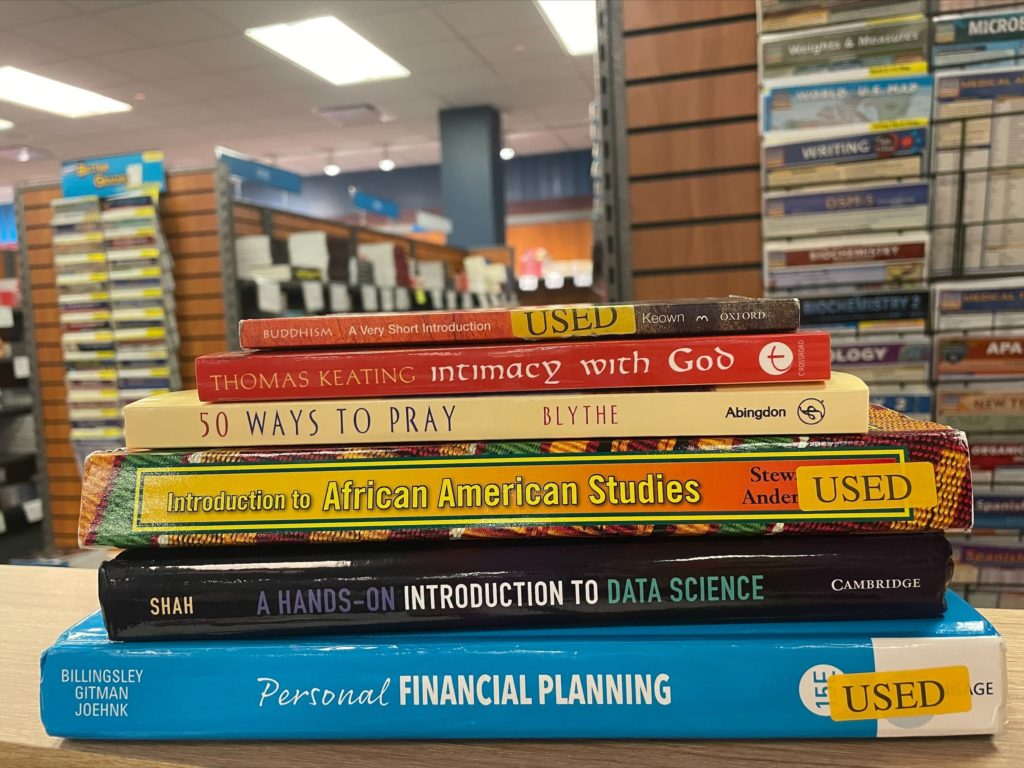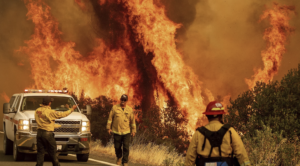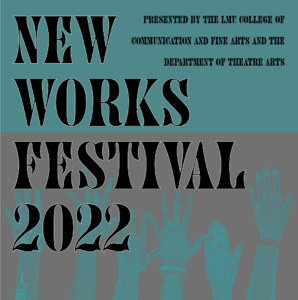STUDY ABROAD | All Study Abroad courses seek knowledge and experience to augment the students’ education. Some courses get more personal. For eight Loyola Marymount University students and four faculty and staff, “Ghanaian History, Culture and Psychology” became an emotionally charged step toward connecting the history and culture of Ghana to their lives in modern-day America.
“These experiences were more than just informative: They allowed our group to gain a small glimpse of what it must have felt like to become enslaved, and/or become subject to a redefining of who and what has value,” said Deanna Cooke, clinical assistant professor in psychology and director of Engaged Learning at LMU, who led the trip. The trip was a collaboration with the Office of Black Student Services and the faculty and staff on the trip included Nathan Sessoms, director of the Office of Black Student Services; Kim Harris, assistant professor of theological studies; and Cheryl Grills, professor of psychology and the originator of the course more than 20 years ago.
The students utilized readings and lectures with faculty from LMU and the University of Ghana to interrogate and provide alternatives to Western universalism to gain understanding of the responsibility to learn from history and correctly frame the narratives of history. The students reframed the disciplines of psychology, philosophy and history, so that they understand that the bases of these are not universal but culturally specific. In particular, Western psychology uses a bio-psycho-social model while, by contrast, African psychology and philosophy includes these elements along with the spiritual components to defining humanness and wellbeing.
The course participants stayed for five days at the shrine of a traditional priest, where they learned about spirituality as participant observers. They traveled to the site of the last baths of enslaved Africans who were marched to the coast. Then the course participants experienced the emotional impact of recalling the horrors of slave dungeons and did several remembrances of returning and cleansing to honor their ancestors who came through the Doors of No Return at Elmina and Cape Coast dungeons. “We have stood in the dungeons where for over 300 years, thousands of men, women and children were held, tortured and died with no concern for, or even acknowledgement of, their very humanity. This was undergirded by the use of theology from Catholic, Episcopal, Dutch Reformed churches – in fact, the churches at both Elmina and Cape Coast sit above the dungeons of torture,” said Cooke.
Also on the itinerary were the home of W.E.B. Dubois, one of the fathers of Pan-Africanism, a meeting with the African Union’s mission for African’s of the Diaspora, and time spent at the University of Ghana in Legon. The group took in some sightseeing and walked across the rope bridges in Kakum National Forest, learning about resources and environmental issues in Ghana.
“We have also committed ourselves to not repeating the tragedies, and to seeking mental, physical, spiritual and community liberation,” said Cooke.




